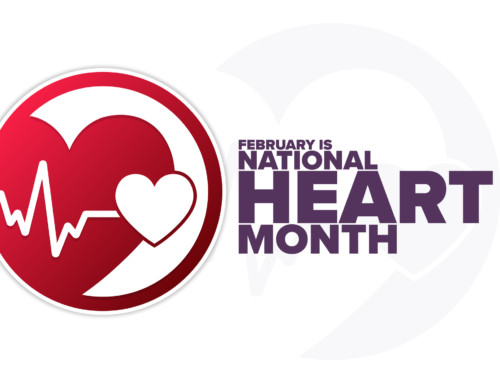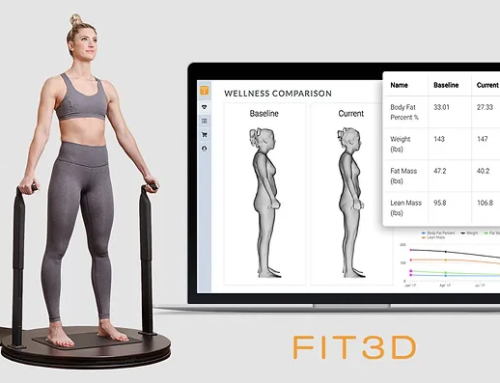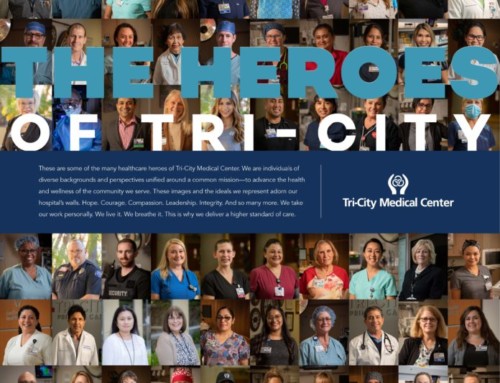Updated June 23, 2022
When you’re in love, you feel it in your heart, so why not show your heart some love as well? The key to preventing cardiovascular disease is to manage your risk factors – high blood pressure, total cholesterol, and blood glucose levels. These negative risk factors can lead to coronary artery disease (CAD) and even a heart attack.
The good news is there are steps you can take now to reduce your risk in the future. One way is to receive regular screening tests to review your blood levels and scan the arteries of your heart. If you do have less than ideal results, it doesn’t necessarily mean you are destined for developing cardiovascular disease, instead, it means you are in a great position to fix the problems now so you can enjoy a longer, healthier life.
Heart screenings are a great way to get a baseline of your heart health and provide some goals for you to aim for. Regular screenings can detect issues early on and help you fix the problem before it’s too late – it’s preventative healthcare instead of emergency healthcare.
Blood tests should begin in early adulthood as part of a regular physical. Depending on your risk levels, such as family history of heart conditions or high cholesterol levels in blood tests, the frequency of cardiovascular screenings may change.
Key heart screening tests
Blood pressure
This is a simple test you can do even at home. It is also one of the most important heart screenings because high blood pressure typically has no symptoms and it cannot be detected any other way. Blood pressure is measured by placing a cuff over the upper arm and compressing the artery – listening for when the blood whooshes past the compressed cuff and then again for when the sound disappears – these numbers lead to the systolic and diastolic values. Normal blood pressure is around 120/80 mm Hg (millimeters of mercury) and anything over those numbers may be a cause for concern. Since this test can be done at home, it is good to take regular measurements and report back to your doctor when asked of your normal level. Blood pressure is controlled through lifestyle changes or medication and varies between genders and race.
Fasting lipoprotein (cholesterol and triglycerides)
This test measures the levels of fats in the blood and should be done every four to six years. The blood test measures for total cholesterol, low density lipoprotein (LDL) cholesterol, high density lipoprotein (HDL) cholesterol, and triglycerides. If you are at higher risk for heart disease or stroke, your healthcare provider may require you to be tested more frequently to track your levels.
Blood glucose
High glucose levels in the blood may increase your risk of developing insulin resistance, prediabetes, and even type 2 diabetes. If left untreated, diabetes may lead to more serious health conditions such as heart disease and stroke. If you are considered overweight and suffer from at least one cardiovascular risk factor, your doctor may recommend you be screened with a blood glucose test.
Coronary artery calcium screening
As we age, plaque builds up along the walls of our arteries. If this plaque ruptures and breaks off from the artery wall, it could potentially lead to a heart attack. A coronary artery calcium screening is used to help predict cardiovascular disease by identifying locations and to which extent plaque has calcified along the artery walls. This ultrafast computed tomography (CT) scan is quick to provide results while minimizing radiation exposure.
Risk factors to consider
There are several risk factors that can lead to or increase the chances of suffering a heart attack, developing coronary heart disease, or stroke. Here are some risk factors that must be taken under consideration:
Factors that can be controlled
- Smoking – studies show smokers are at a higher risk of heart disease
- High cholesterol – lowering your cholesterol keeps your body’s arteries and veins healthy for proper blood transport
- High blood pressure – reducing blood pressure allows for the heart to work at a healthy, normal level
- Physical activity – staying active on a regular basis keeps the heart strong
- Weight – obesity is an increasing risk factor, keeping weight in check reduces pressure on the heart and body
- Diabetes – watching your diet and eating healthy food can lower your risk for diabetes and developing cardiovascular disease
Factors that cannot be controlled
- Aging – the risk for cardiovascular disease increases as we age
- Gender – men are at a greater risk of heart attack
- Family history – if a family member was diagnosed with cardiovascular disease, you may be at a higher risk as well
Getting regular heart screenings
Taking the time to recognize the risk factors and getting screened regularly is a great way of staying healthy and reducing your risk of cardiovascular disease. Talk with your doctor about setting up a screening or schedule a heart screening through the Cardiovascular Health Institute at Tri-City Medical Center.






